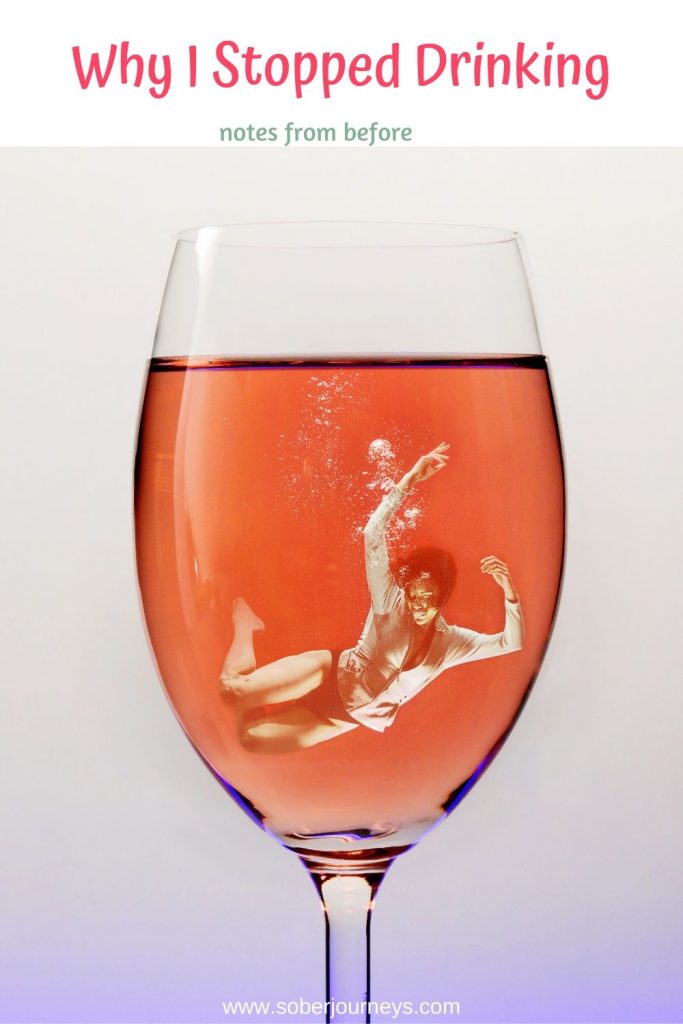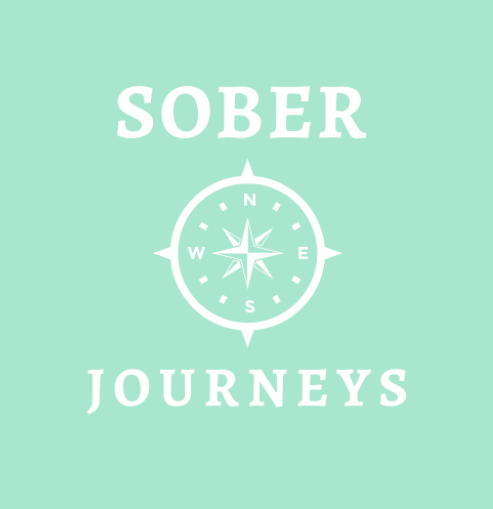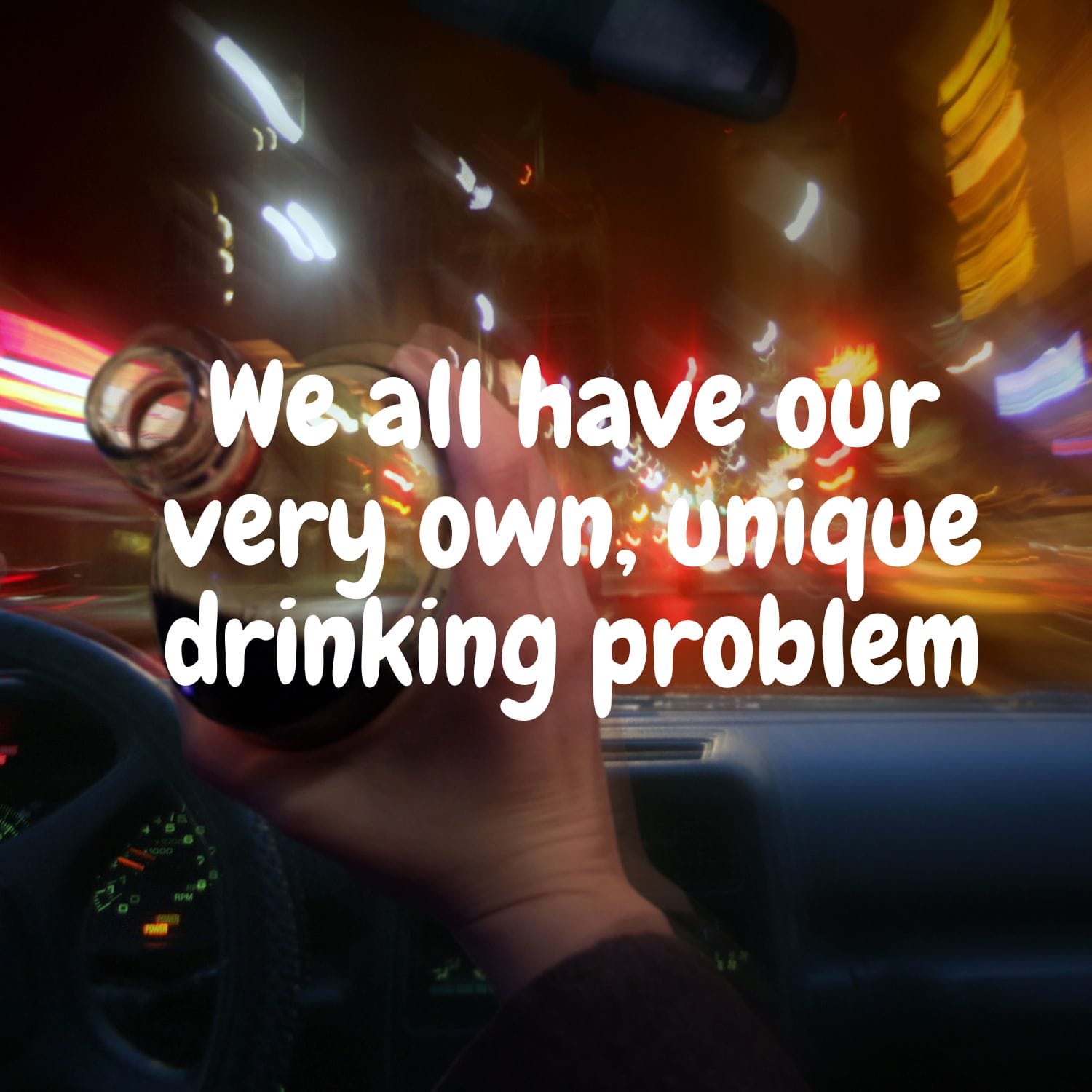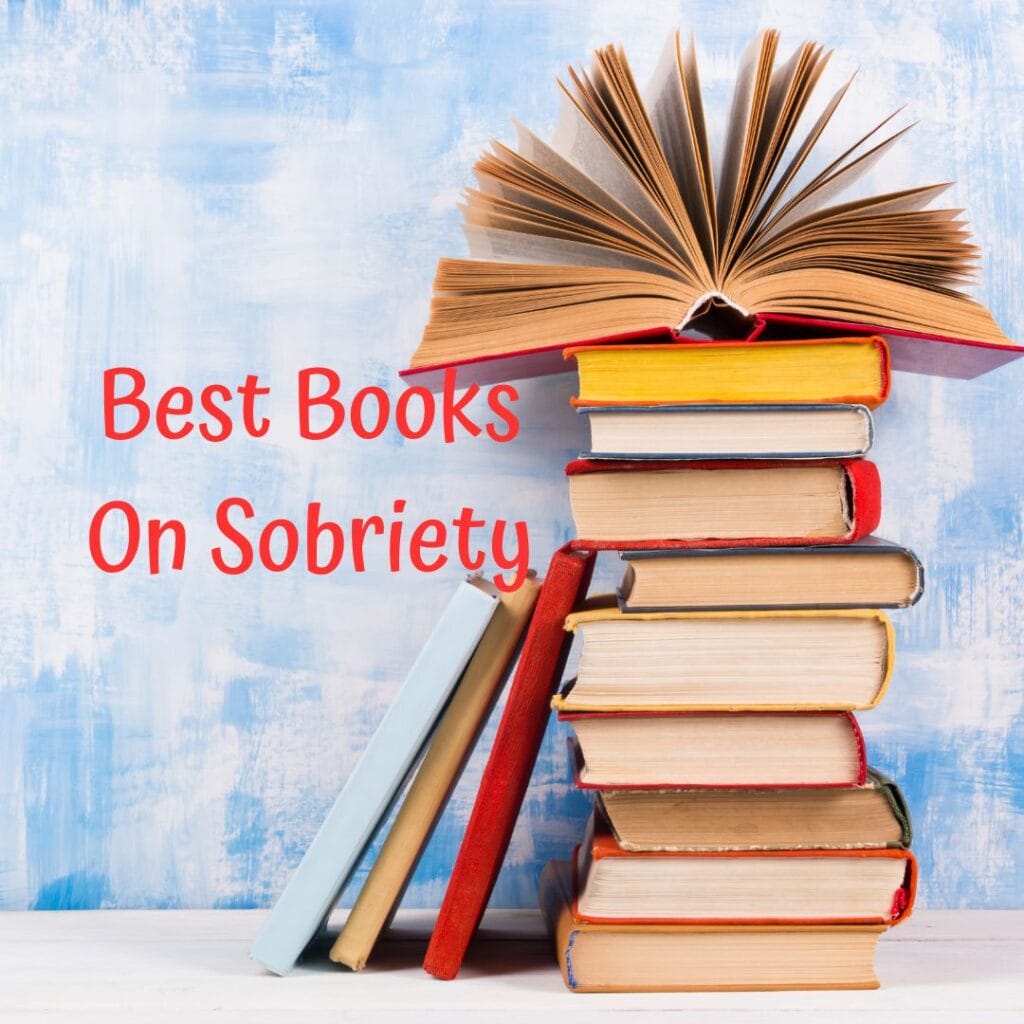Over the years, I have met many sorts of problem drinkers, and heard about many journeys to sobriety. Our stories are endlessly fascinating, and we all have our own unique drinking problem. Here’s my story. I would love to hear yours.
I am happy to describe my issues with booze as a drinking problem and myself as a problem drinker. But, compared to others, my drinking problem was a bit lightweight, at least outside the confines of my mind.
I really don’t think many of my friends or family would have thought I was drinking to excess. By my 30s, 40s and 50s, I was being fairly modest…. for a Scot, anyway.
In our 20s, my friends would have been too pissed themselves, or hungover, to have noticed what I was up to. I am sure that there were aspects of my emotional dysfunction that were truly glaring. But most people I hung around with were drinking a lot. In retrospect, I can look harder and see that many folk didn’t get plastered very often. But I choose to hang out with those who did.
My Own Unique Drinking Problem
It doesn’t really matter what friends or family see, or don’t see. If your drinking is causing you a problem, then you have a drinking problem. It’s your very own sort of drinking problem and only you can work out what to do about it.
I know that, for me, it wasn’t really the volume of alcohol that was the problem, in the main. Yes, in my 20s I did a lot of binge drinking and fell over, broke bones, drove drunk and …. many other horror stories.
In my 30s and 40s, I was very busy with my four kids and only did a bit of low level binge drinking, complete with hangovers and the promises to myself that I’d never drink again etc etc. But those events were pretty rare.
In the year before I stopped drinking for good, my very own sort of unique drinking problem was all in my head. I was ripping myself apart mentally with the effort of keeping my drinking down to a dull roar.
In the midst of mental health problems caused by… life… and with my always-present urge to escape…. love and hate for alcohol were both fizzing around in my poor old brain.
Once I learned the term cognitive dissonance, I understood much better why my brain had felt so much at war with itself.
cognitive dissonance
- n.The psychological tension that occurs when one holds mutually exclusive beliefs or attitudes and that often motivates people to modify their thoughts or behaviors in order to reduce the tension.
I truly wanted to be healthy and to live a long life. I have one son who has autism spectrum disorder and will need some sorts of support for the rest of his life. My twins came along when I was 42. It is imperative to be as healthy as possible for as long as possible.
A friend of mine who has a son with cerebral palsy started a Facebook group called “Live to 100,’ and I can totally understand that urge.
Our four kids will benefit if my husband and I stay well, and of course, so will we. And we might get to be grandparents, which is surely why one would put up with the endless rigours of parenthood. Why else?
So there I was, swimming joyfully and exercising away, yet still drinking more than is healthy… actually there’s no healthy amount to drink, is there?
There are the short term horrors of wakeful mights, dry mouths and hangovers. There’s the depression that would come over me if I drank every day. Then the longer term risks, which seem so much more serious when one gets to the 40s and 50s.
I kept reading more and more. When research about how much alcohol contributes to cancer rates became widely known, I really was distressed.
Also, I want to be fully present every day. To actually enjoy my days and live each one. Living your best life every day sounds exhausting, as does being the best you can be, but then I realised that my best life might involve a lot of tea and cake, reading a book and sitting watching telly. That I could do.
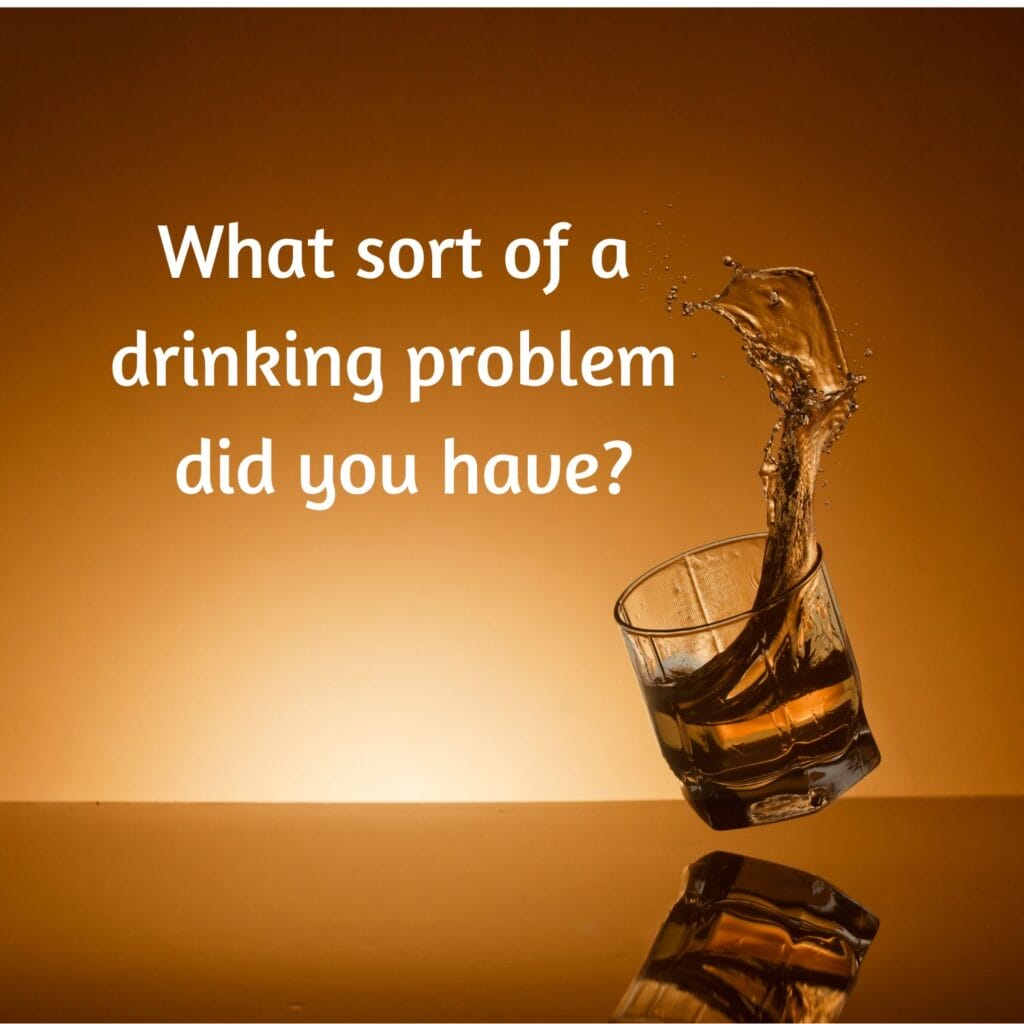
My Alcohol Dilemma
On the one hand, I was dedicated to my kids and to long term health, and on the other, I just could not stop myself drinking.
And it was hard, very, very hard to keep it down to a dull roar.
If I could stay under 14 units of alcohol a week, I was happy with myself, even though I knew that amount would still cause problems. But I always, always wanted to drink more.
There was such a push and a pull, a shove and a heave and the feeling of being whacked over the head by a piece of 4 by 8. It was an exhausting life to lead.
I had a very, very deep-rooted belief that I could never stop forever. Just thinking about stopping forever could bring me to the brink of tears. I was so deeply attached to something that I knew was bad for me.
I still envy people for whom alcohol is neither here nor there, those magical folk who really can have just one or two.
I think I also used to be envious of people who drink a lot and are entirely comfortable with it.
But that just wasn’t me. I was not comfortable knowing that I was damaging myself physically and beating myself up mentally.
I wanted that all to stop and all to go away… yet for many years, I had zero belief that I could or would stop drinking completely.
Anyway, that was my drinking problem. My very, very own, personal problem.
Now solved.
NB I like to use the term drink problem, it is less emotionally loaded than alcoholic. I really was a grey area drinker, getting on all right in life, not causing any major disasters.
I do often describe my dad as an alcoholic. He was undoubtedly chronically addicted. He had brain damage by his mid-60s and alcohol killed him in his 71st year.
Otherwise, I like to think of alcoholism as a self-diagnosing disease. If you say you have it then who is anyone to argue?
For everything else, drink problem works best for me… and my dad could also be described that way. His drinking certainly caused problems to the family and to him too.
